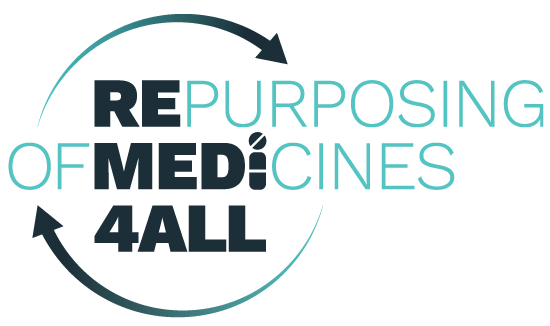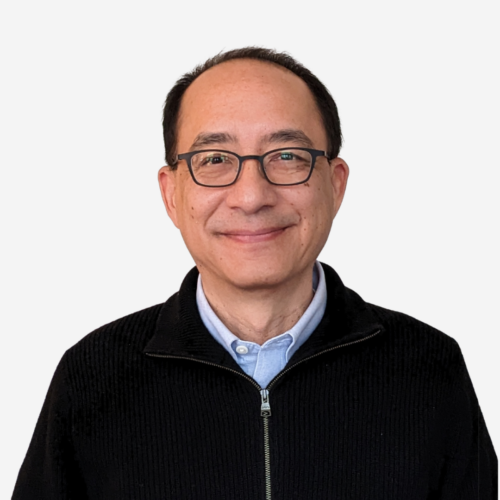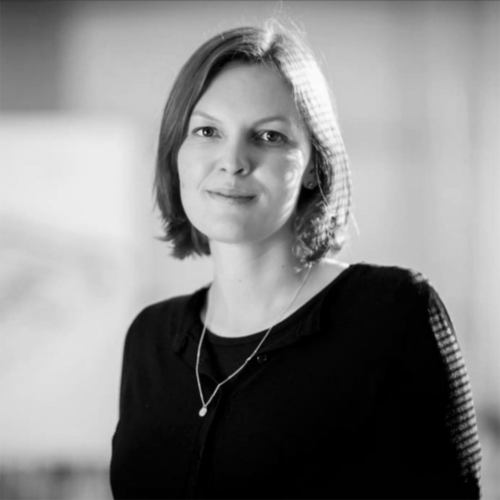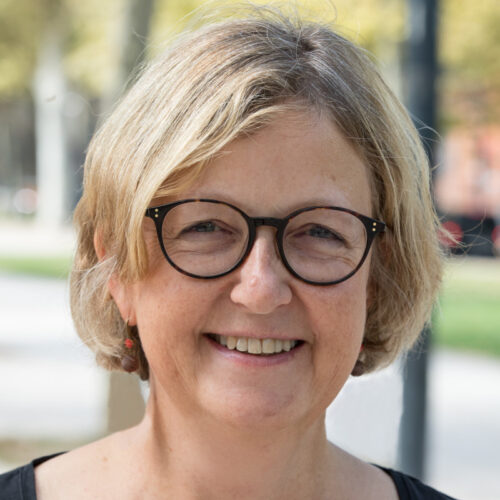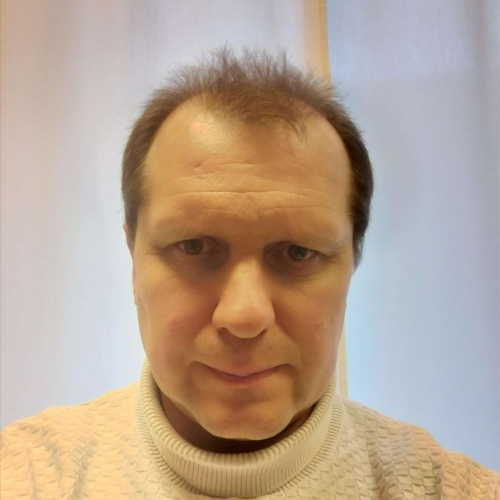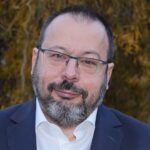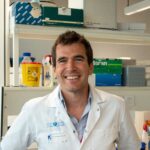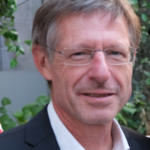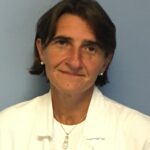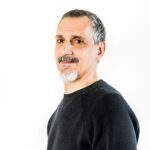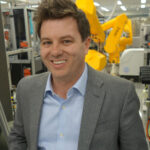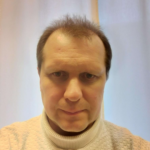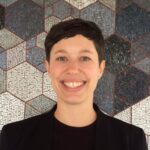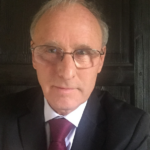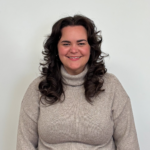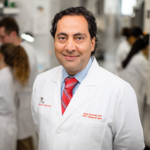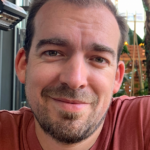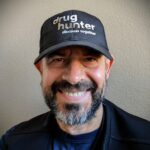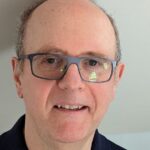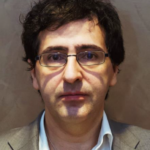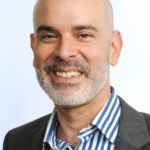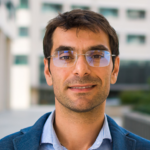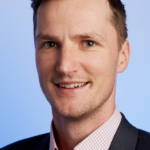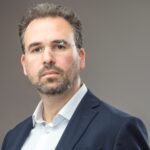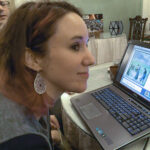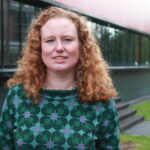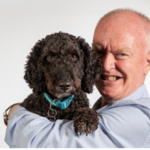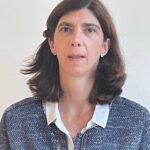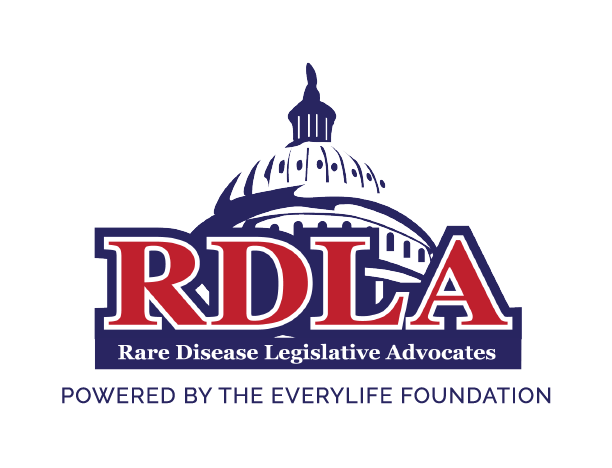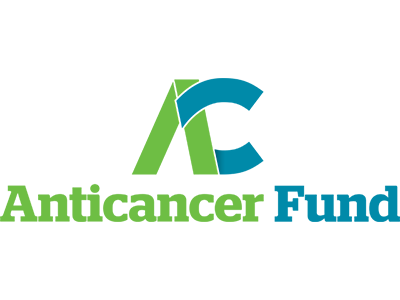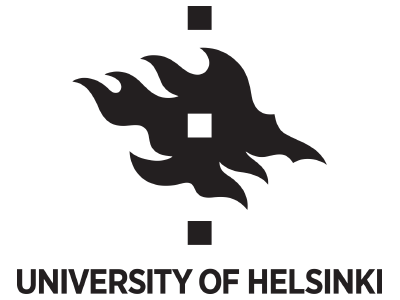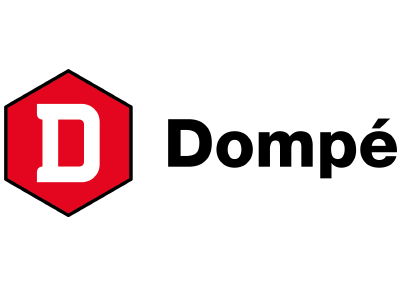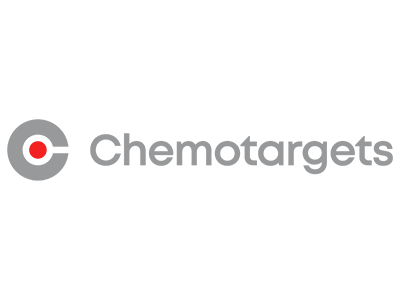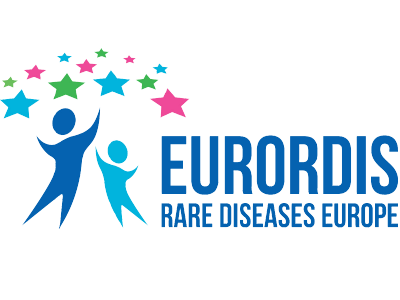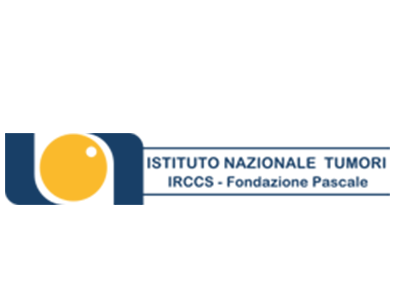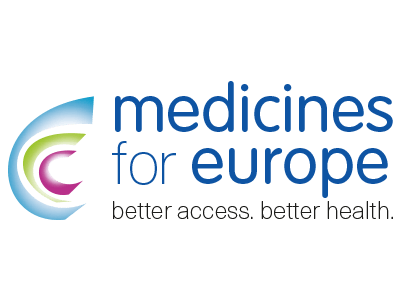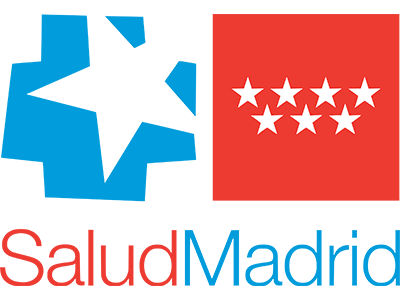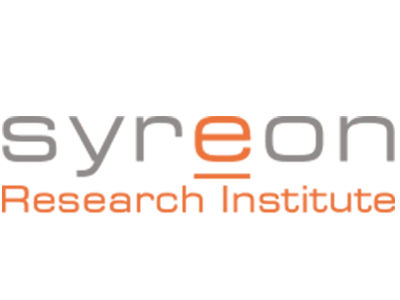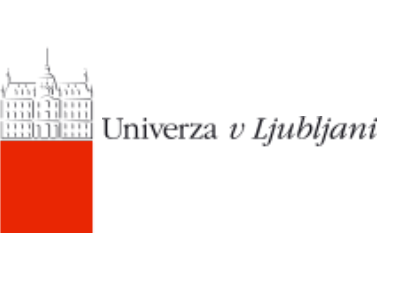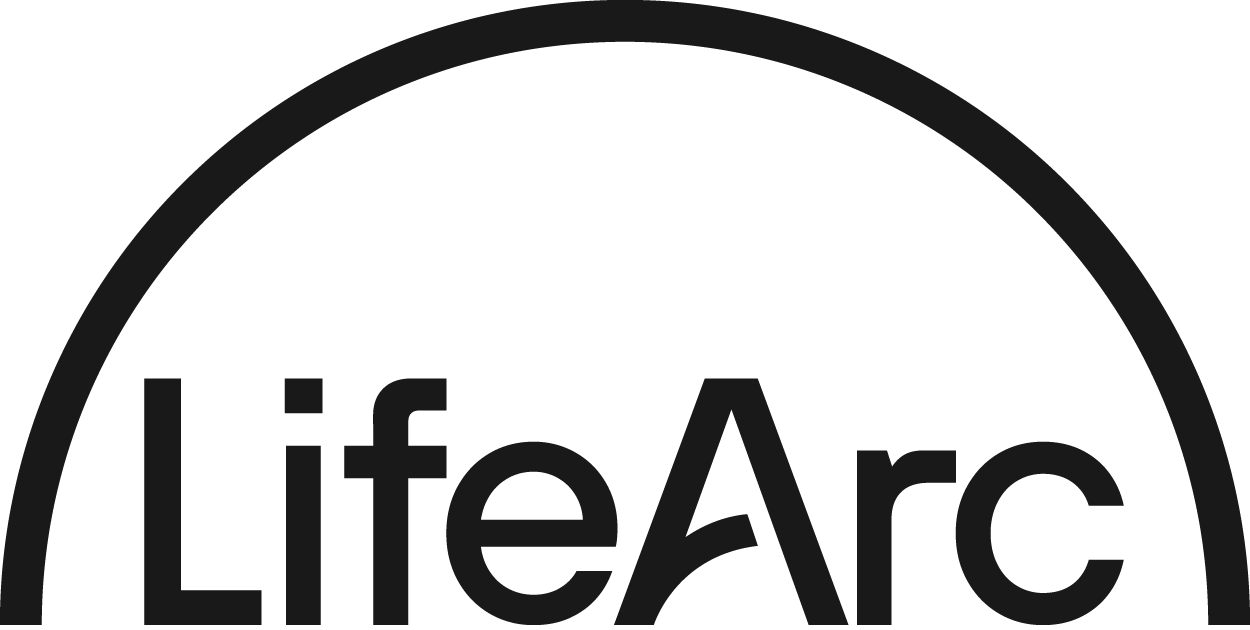Bridging boundaries
Innovating, Connecting & Reshaping Drug Repurposing
Barcelona
INTERNATIONAL DRUG REPURPOSING CONFERENCE
Join the first international drug repurposing conference, #iDR24, co-organised by REMEDi4ALL, Beacon and MeRIT on 6-7 March 2024 in Barcelona.
In this global event, key opinion leaders from both the research and patient communities, funders, regulators and representatives from the private sector will participate to collectively advance innovative drug repurposing in Europe and beyond.
Why join this event?
Connect with global experts and key opinion leaders and learn first-hand why and how drug repurposing is fast evolving to revolutionise the medicine development landscape.
Discover benefits
Discover how patient communities, researchers, industry and health authorities can benefit from cutting-edge drug repurposing.
Explore innovative ideas
In collaboration with key stakeholders and experts, explore innovative ideas to remove major roadblocks.
Open discussions
Discuss the current drug repurposing landscape and the challenges its faced with.
Share knowledge
Become part of a wider community that works together and shares knowledge, experiences and best practices.
Who is it for?
PATIENTS
Organisations – Patient champions
RESEARCHERS
Academia – Clinical – Industry – Early Career Researchers
INDUSTRY
Big pharma – Generics – Biotech – SMEs
FUNDERS
Funding programmes – Philanthropic organizations – Payers
IMPACT INVESTORS
POLICY MAKERS & PAYERS
REGULATORY BODIES & HTAs
RESEARCH INFRAESTRUCTURES & SERVICE PROVIDERS
Our Speakers
View some of the people that will be involved…
After the iDR24 the members and observers of the REMEDi4ALL Funders Network will come together to discuss the next steps of the network. Learn more and register here.
Ticketing
There are three different ticket types for this conference. If you are unsure what is your ticket group, please email conference@remedi4all.org.
We appreciate there may be a financial-barrier to small patient groups and patients in attending this conference. We hope to be able to support these individuals in attending where possible. Please get in touch with will@rarebeacon.org to discuss your needs.
FAQs:
Cancellation policy: All cancellations must be received in writing to conference@remedi4all.org 15 calendar days prior to the start of the event (20 February 2024) and will be subject to an administration fee of the ticketing platform. For cancellation after this time – or if the delegate fails to attend the event- no refund of fees may be expected and the amount of the invoice is due. Substitutions are welcome at no extra charge but only until 1 March 2024.
Early Career Researcher: someone who is within eight years of the award of the PhD
Early Bird Tickets
General Admission
This is the most common ticket. Unless you belong to one of the groups listed below, this is the ticket you should select.
€590
Early Bird Tickets
Academia/Clinician & Regulatory/Government
This ticket is reserved for clinicians, academics, scientists, HTAs, regulatory and government bodies.
€290
Early Bird Tickets
Patients, Early Career Researchers & Charities
This ticket is reserved for patient organisations, patients, patient caregivers, students, early career researchers, and charities.
€120
Conference Poster Session: Call for Abstracts
Abstract Submission Deadline: January 12, 2024
Categories for Poster Submissions
Sponsorship opportunities
Interested in becoming a sponsor of this event?
Showcase your business to a diverse audience, including researchers, the patient community, funders, regulators, and representatives from the private sector. As a sponsor, you'll get unique visibility through strategic logo placements, exhibition space, social media exposure, networking opportunities, and more. Contact our sponsorship team at will@rarebeacon.org to find out more about the various sponsorship packages available.
Contact sponsorship teamRecinte Modernista de Sant Pau
The international drug repurposing conference “Bridging Boundaries: Innovating, Connecting & Reshaping Drug Repurposing” will take place in the Recinte Modernista de Sant Pau (Barcelona) between 6-7 March 2024.

This modernist complex was constructed between 1901 and 1930 by the renowned architect Lluís Domènech i Montaner. It is composed of 12 interconnected pavilions and served as a hospital (Hospital de la Santa Creu i Sant Pau) until June 2009. In 2014 it opened its doors again, this time as a museum and event space.
Recinte Modernista de Sant Pau
Carrer de Sant Antoni Maria Claret, 167
08025 Barcelona
Metro L4
Guinardó | Hospital de Sant Pau
Metro L5
Sant Pau | Dos de Maig
Parking
Pàrquing Saba Hospital Sant Pau
Stay in one of the many hotels nearby
Co-organisers
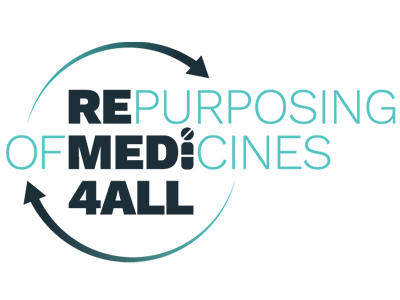
REMEDi4ALL
REMEDi4ALL is an EU-funded research initiative that is driving forward the repurposing of medicines in Europe.
Beacon for rare diseases
Beacon is a UK-based charity that is building a united rare disease community with patient groups at its heart.
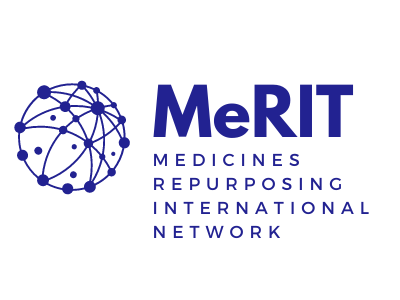
MeRIT
The Medicines Repurposing International Network (MERIT) supports collaboration and communication between publicly funded repurposing initiatives.
Sponsors

LIFEARC
LifeArc is a self-financing medical research charity. Our ambition is to transform the way diseases are identified and treated.
REMEDi4ALL Partners & Associated partners
Interested in joining this event? Subscribe to the newsletter
We will keep you updated on the event. You can unsubscribe at any time.
